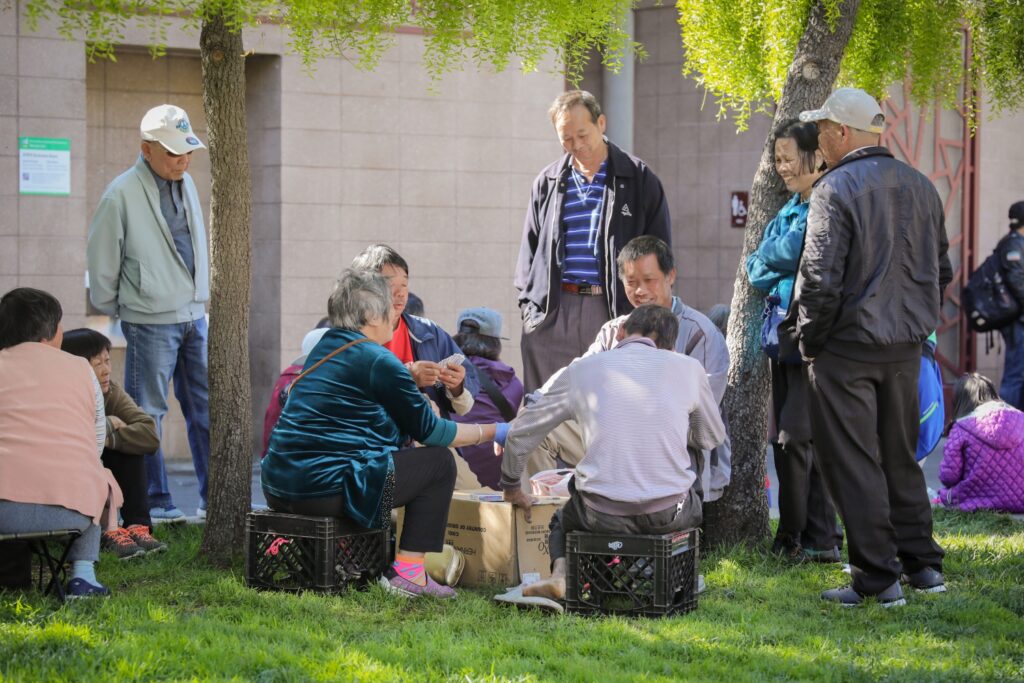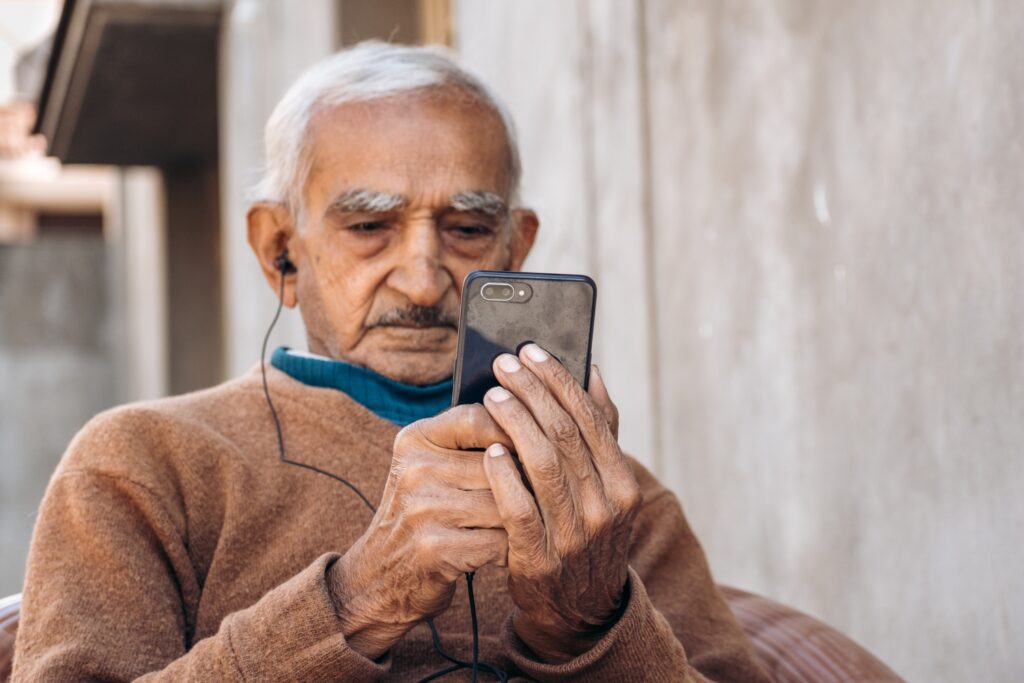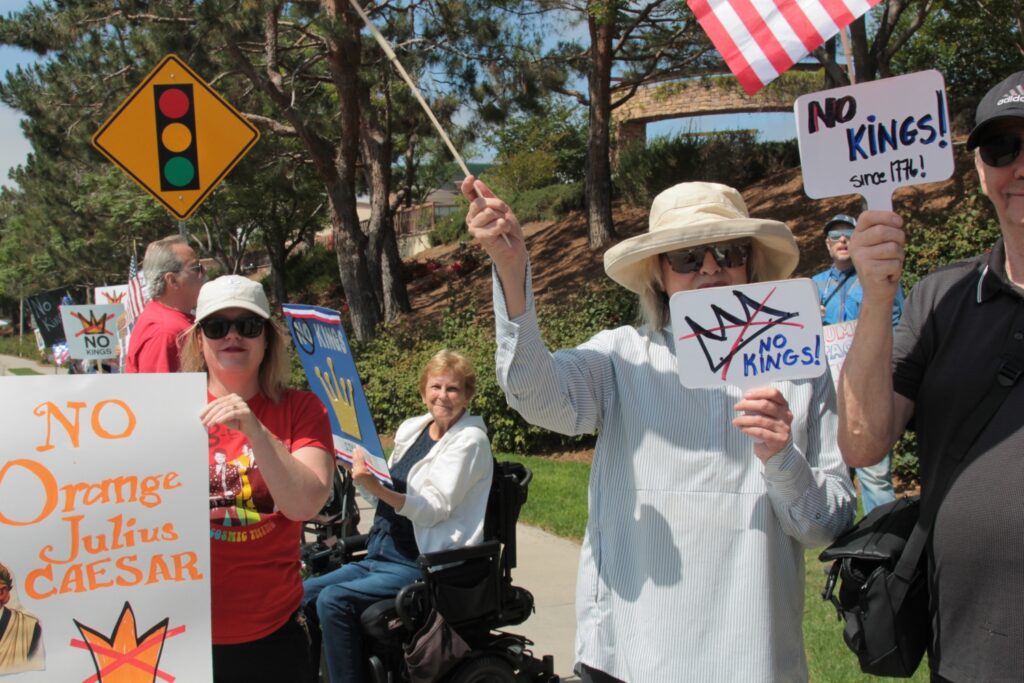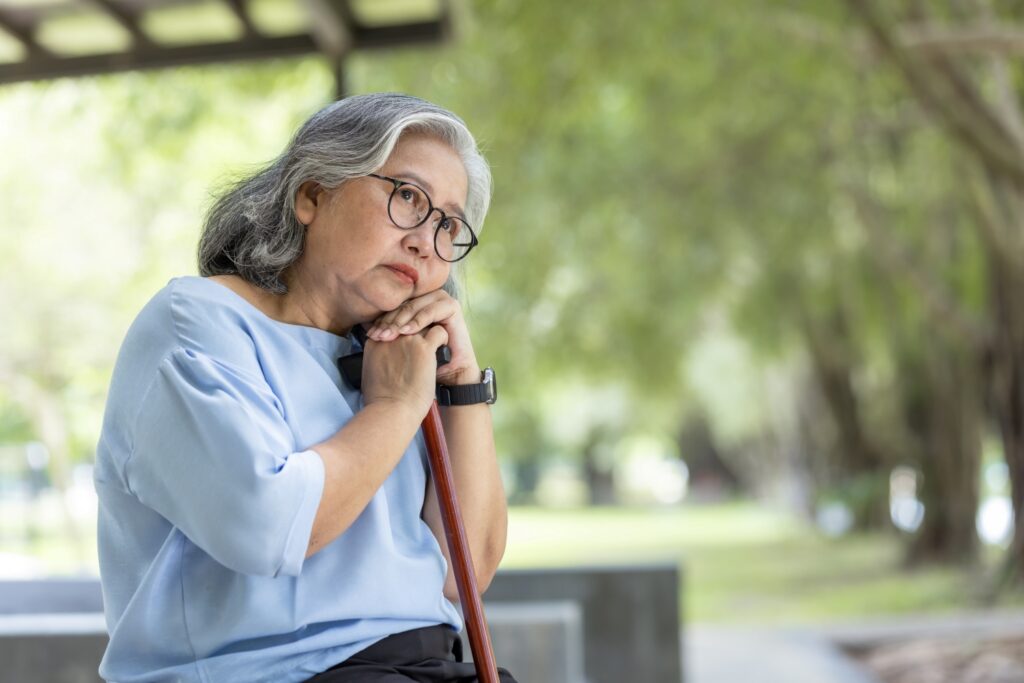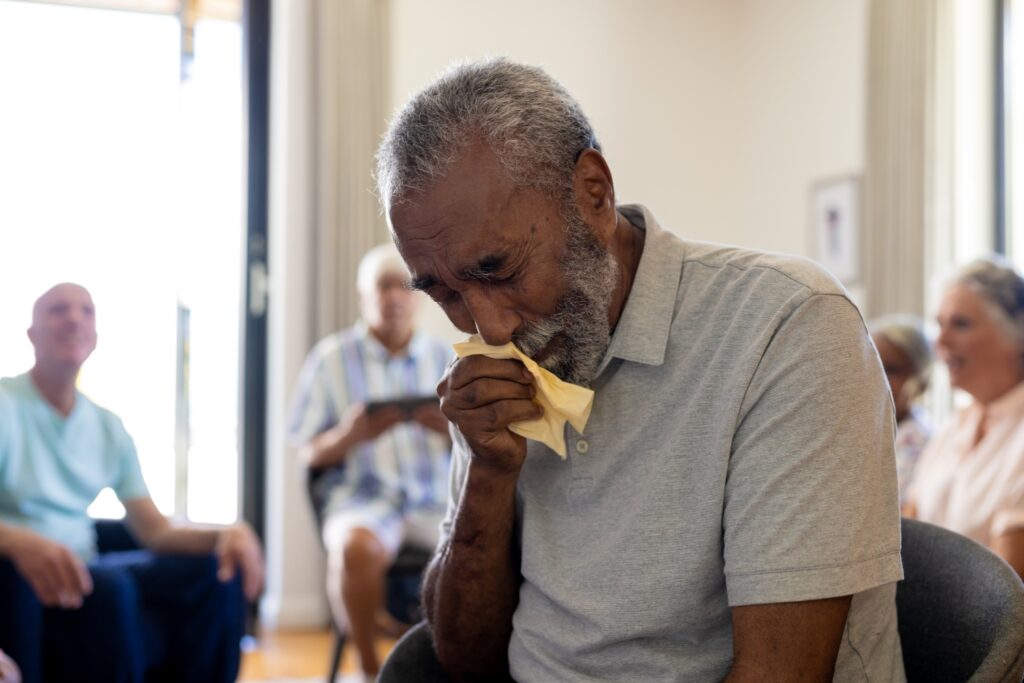My father was always clear about how he wanted to die. Years before there was any California law concerning it, he told us that he would end his life rather than depend upon anyone taking care of him. He was not going to be in a wheelchair, be fed or diapered.
So, it should not have surprised me when he called to say that the time had come. He had awakened from a nap that day and couldn’t move his legs. I asked if he’d called his doctor. “What is the point?” he said. As a doctor himself, he knew what awaited. He was 90 and suffered from advanced Parkinson’s disease. He spent his time in a reclining chair in the living room, reading, sleeping and listening to an overly loud clock ticking away his remaining hours.
But of course it surprised me. He was my father. I pictured him alone at his house, the one where I grew up. My mother had died 20 years earlier, and he had a long-time girlfriend, but they lived separately. As he had gotten weaker, he discouraged her from visiting. He accepted short-term help from a home health aide, but he didn’t want her to hover, to cook or to drive for him.
His house became a fortress. He installed a lock on the outside gate and kept the front door bolted. If you wanted to visit him, you had to have a key—and an invitation. We talked regularly, and he always delivered the same greeting, in a soft voice, almost singsong. “Hello Sweetheart.”
I’d tell him about my kids, my husband and my work and he would say he was OK, that nothing hurt, so he couldn’t complain. I depended on those calls even though there was so much we didn’t say.
A few days after he called to announce his decision, my sister and I flew down to Los Angeles from Northern California. He was able to move again, but when we opened the door, he was in his chair, too unsteady to get up and greet us. We sat with him, and looked at old photograph albums. Then we asked him what we could do for him. “Make sure to eat all the fresh fruit while you’re here,” he said, half seriously.
‘It made me wonder about the stories my father never told me.’
He was a practical man who never wanted to waste anything. He used toothpaste samples to clean the sink and a tiny dab of antibiotic ointment as deodorant. He sewed his own coffee filters. Big companies just wanted you to think you needed something new. Which is why he happened to save the sleep medication my mother had been prescribed all those years ago. Expiration dates were another fiction.
The next evening, he swallowed the pills and he died in his own bed, the way he’d planned. Then, also as planned, his body was donated to research. He didn’t want a funeral, but we had a memorial at the house. He didn’t get to have a say on that.
Seeking Answers
My sister and I understood and accepted his choice, but I could not have known how much I would keep thinking about it, unable to decide if there was something more I could have done. When I returned to work, people expressed sympathies, but what was I going to say?
Ever the journalist, I began researching and thinking about the line between choice and fate. I read stories about people who had made the same decision as my father. I spoke to an end-of-life consultant, who counseled people as they made and lived out their choices. And I talked to a rabbi, even though my father was a staunch atheist. The rabbi said he couldn’t judge my father, but he suggested I find a way to honor him, perhaps by learning Hebrew.
That didn’t seem to fit, so I kept reading and researching, until I learned about a crisis line for older adults. I met with the founder, who told me he had started the line as a way to reach people who were isolated, by age and disability, by mental health issues and by a society that found it easy to turn away from its elders.
I began volunteering there once a week, a four-hour shift where some of the callers wanted to tell jokes or sing, were agitated or had trouble figuring out what to say, but mostly they told me their stories. For some, I was the only person they spoke to all day. Even though we couldn’t see each other, I could picture them. A few became more real to me than my own father.
It made me wonder about the stories my father never told me. He was unfailingly kind and steady. I don’t remember him ever saying a word to me in anger, although he might have laughed when I raged. But he was reserved, as guarded as his house. He said little about growing up Jewish in the deep South. What about his parents, who made their way from Ellis Island? Where had they been born? Did he know his grandparents? What filled his mind his last few years? Was he lonely or satisfied? He left without telling us. I still turn this over in my mind. And so, I remind myself to ask questions and then to listen. That is what I carry with me.
Katherine Seligman is a journalist and author in San Francisco. Her novel “At the Edge of the Haight,” which won the 2019 PEN/Bellwether prize, will be published by Algonquin Books in January 2021.


